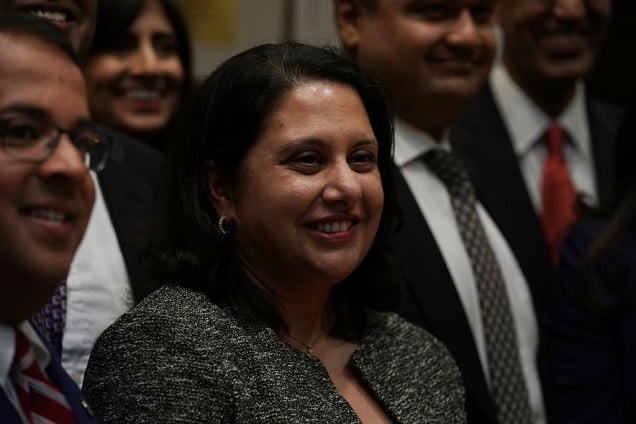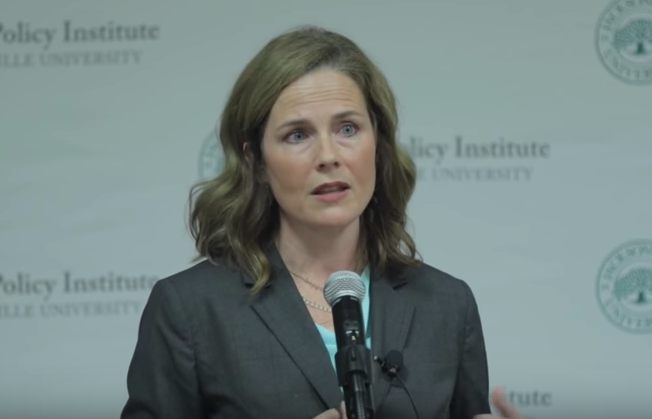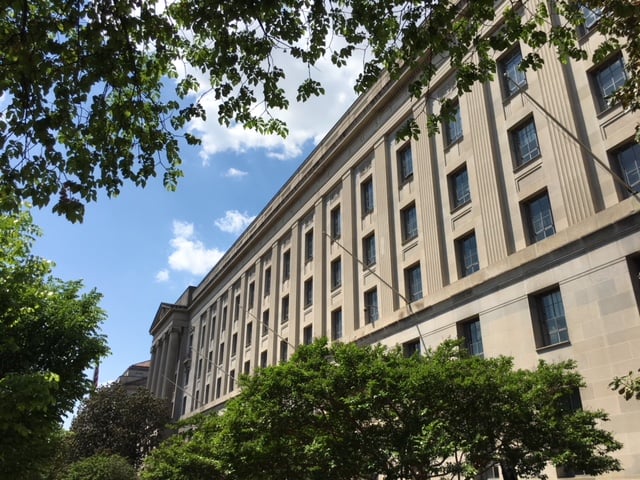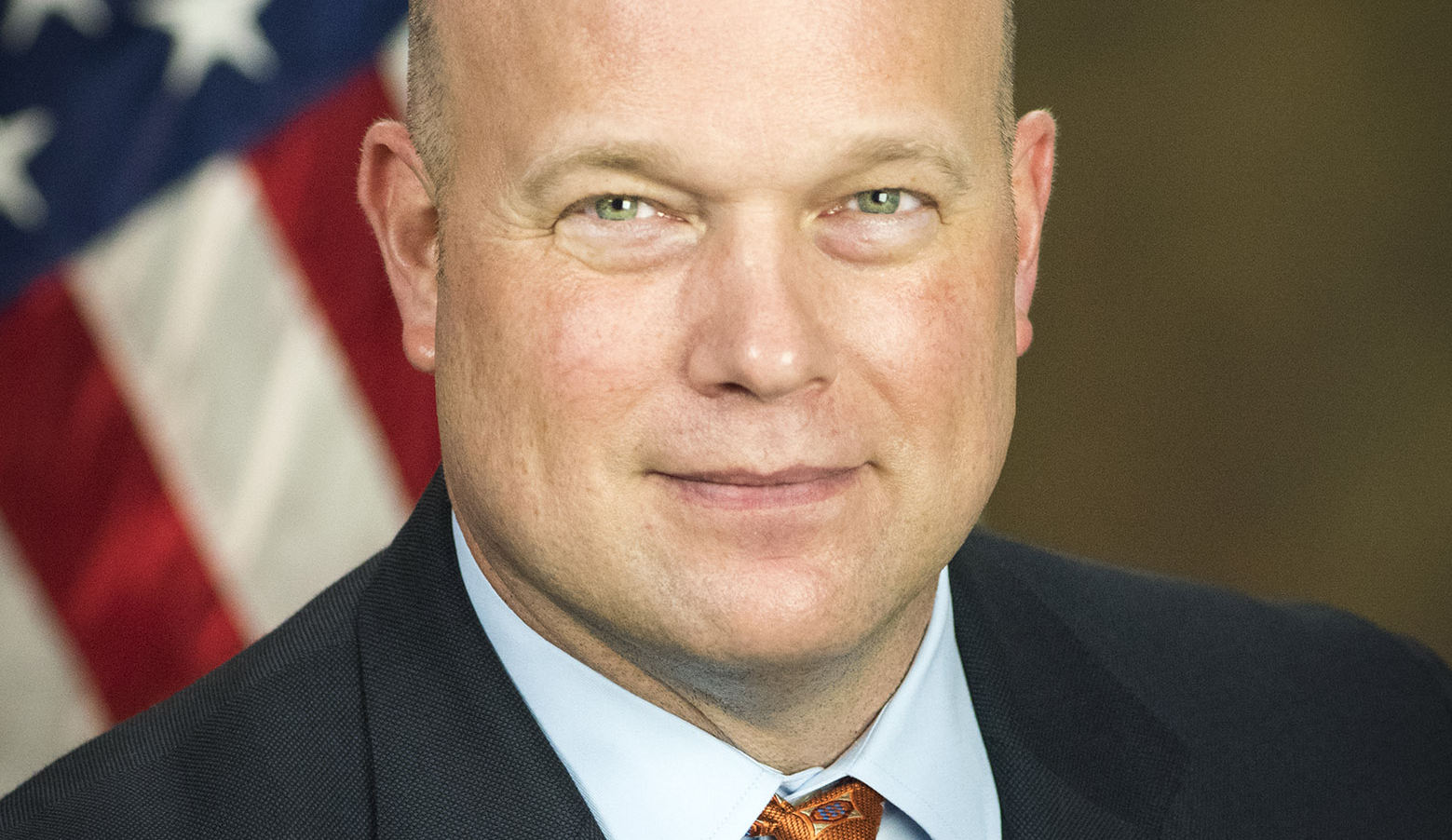
Non Sequiturs: 02.24.19
* You wouldn't want to be in the shoes of Jussie Smollett right now -- nor the shoes of his lawyers, according to Joel Cohen and Dale Degenshein. [Law and Crime] * And in other celebrity legal news, the new documentary about Drake has triggered a slew of copyright claims and takedown notices. [All Rights Reserved] * If you've been listening to the compelling new podcast from Wondery about the Dan Markel case, check out this interesting interview with host Matt Shaer. [Uproxx] * Speaking of podcasts, I recently appeared on Miranda Warnings, the popular podcast by former New York State Bar Association president David Miranda, to talk about Biglaw, legal education, and more. [Miranda Warnings] * And if you'll be in Nashville tomorrow or Tuesday, please feel free to stop by either or both of the talks I'll be giving at Vanderbilt -- one on judicial celebrity, and one on the state of legal education. [Vanderbilt Federalist Society / Vanderbilt Law School Library] * If you're a libertarian or otherwise concerned about excessive exercises of government power, you should be concerned about President Donald Trump's invocation of emergency powers, as Ilya Somin explains. [Volokh Conspiracy / Reason] * Will the Supreme Court ride to Trump's rescue if and when his national emergency declaration winds up before SCOTUS? Brianne Gorod has her doubts. [Take Care] * More excellent advice from expert courtroom lawyer David Berg -- think of this as "The Trial Lawyer: What It Takes To Lose." [YouTube]
















